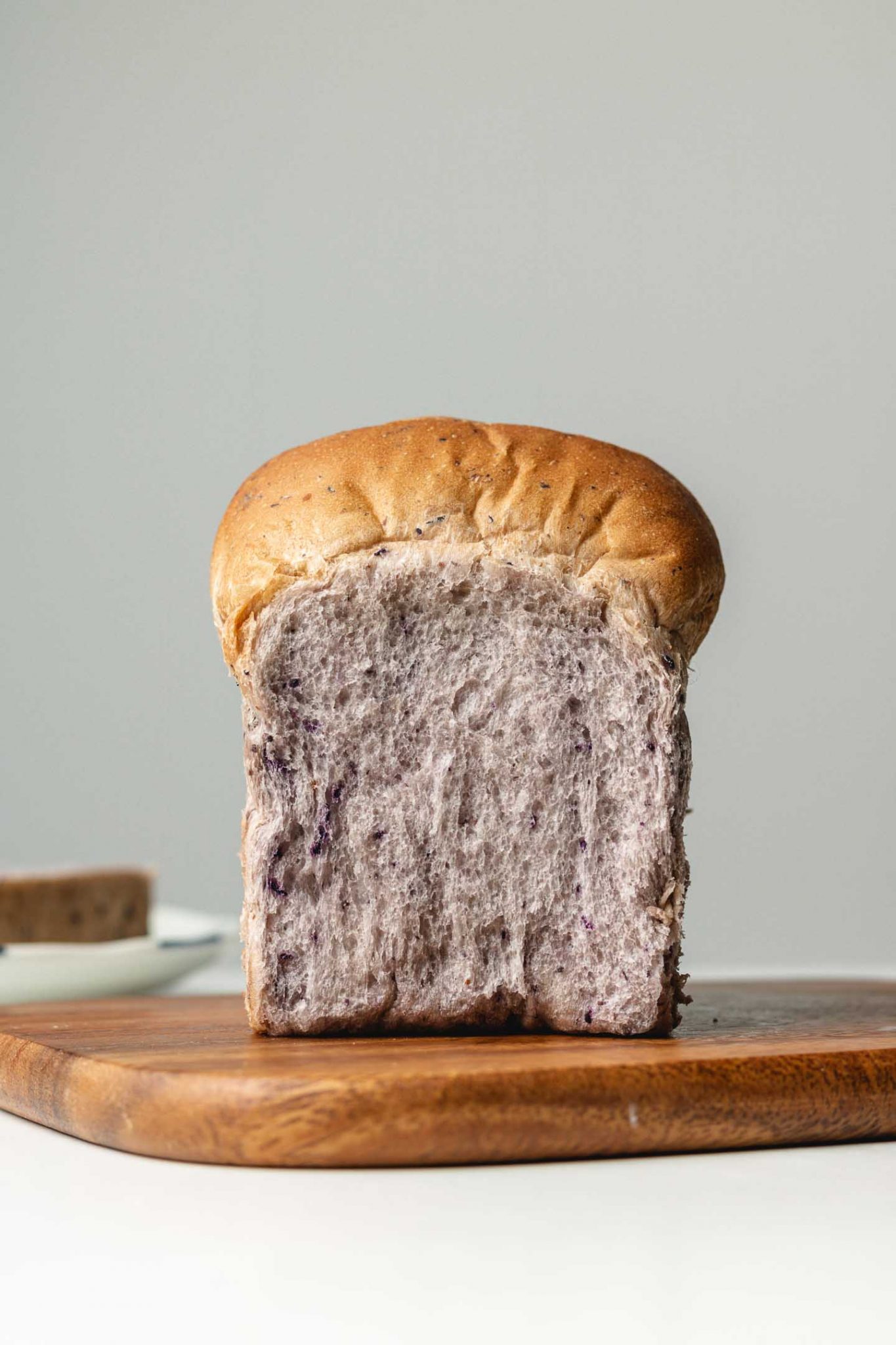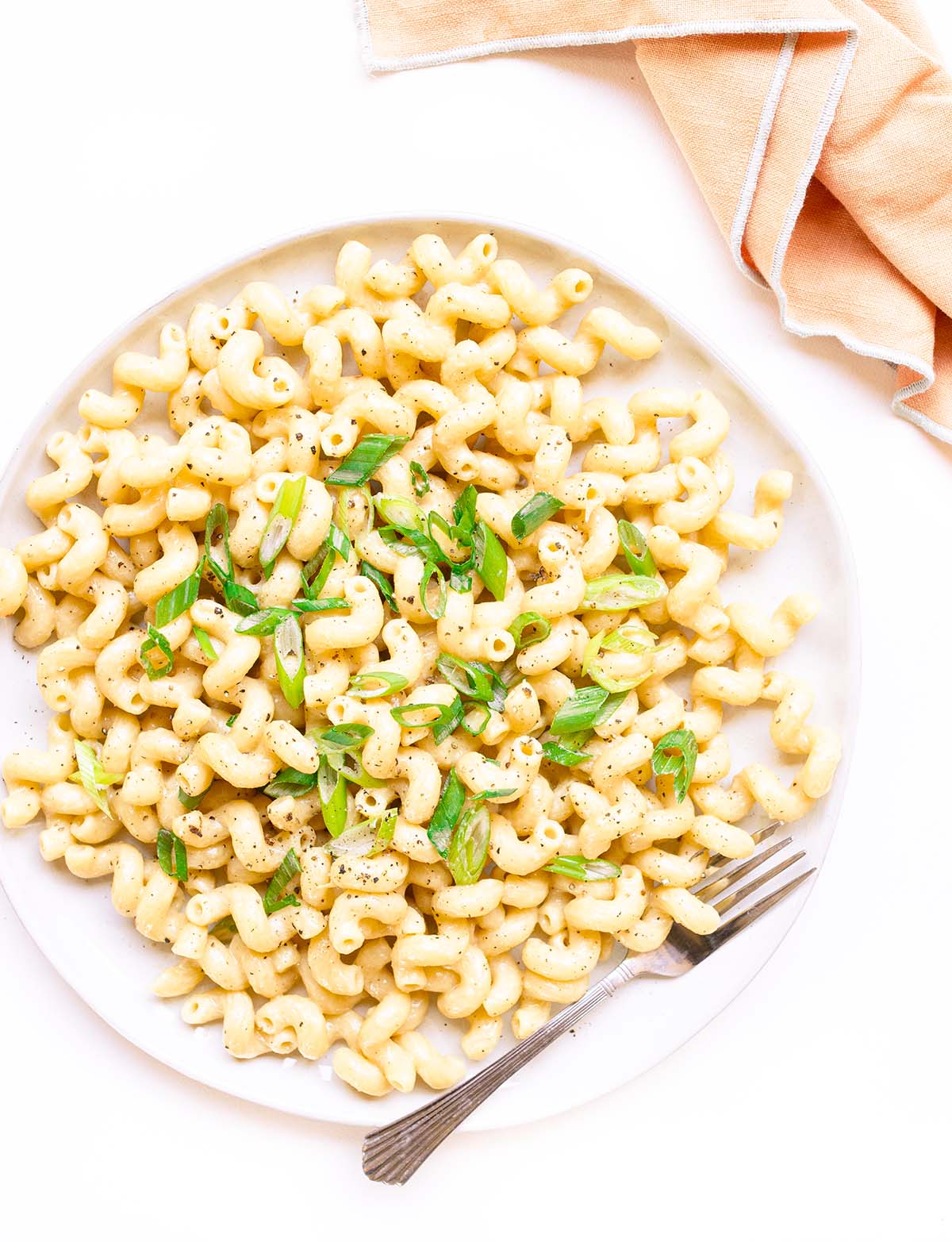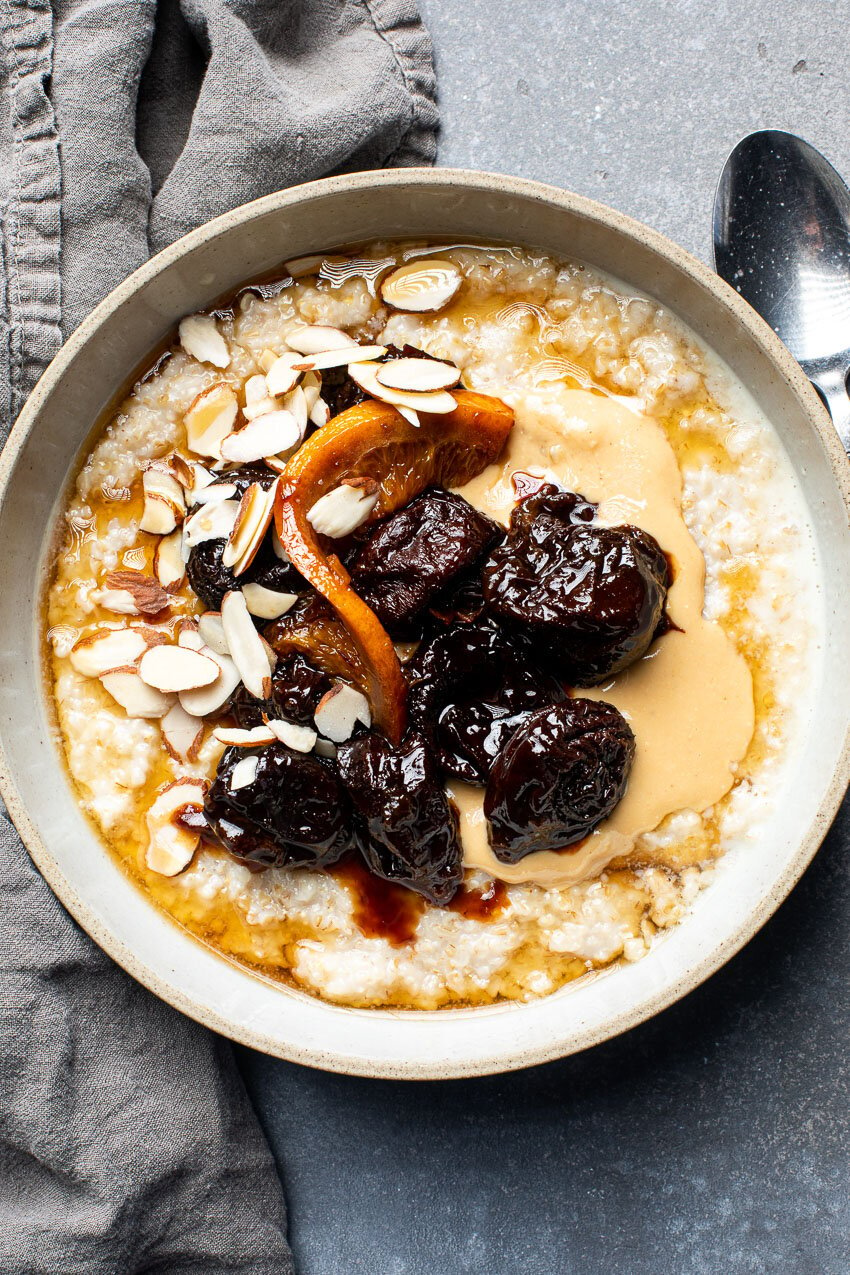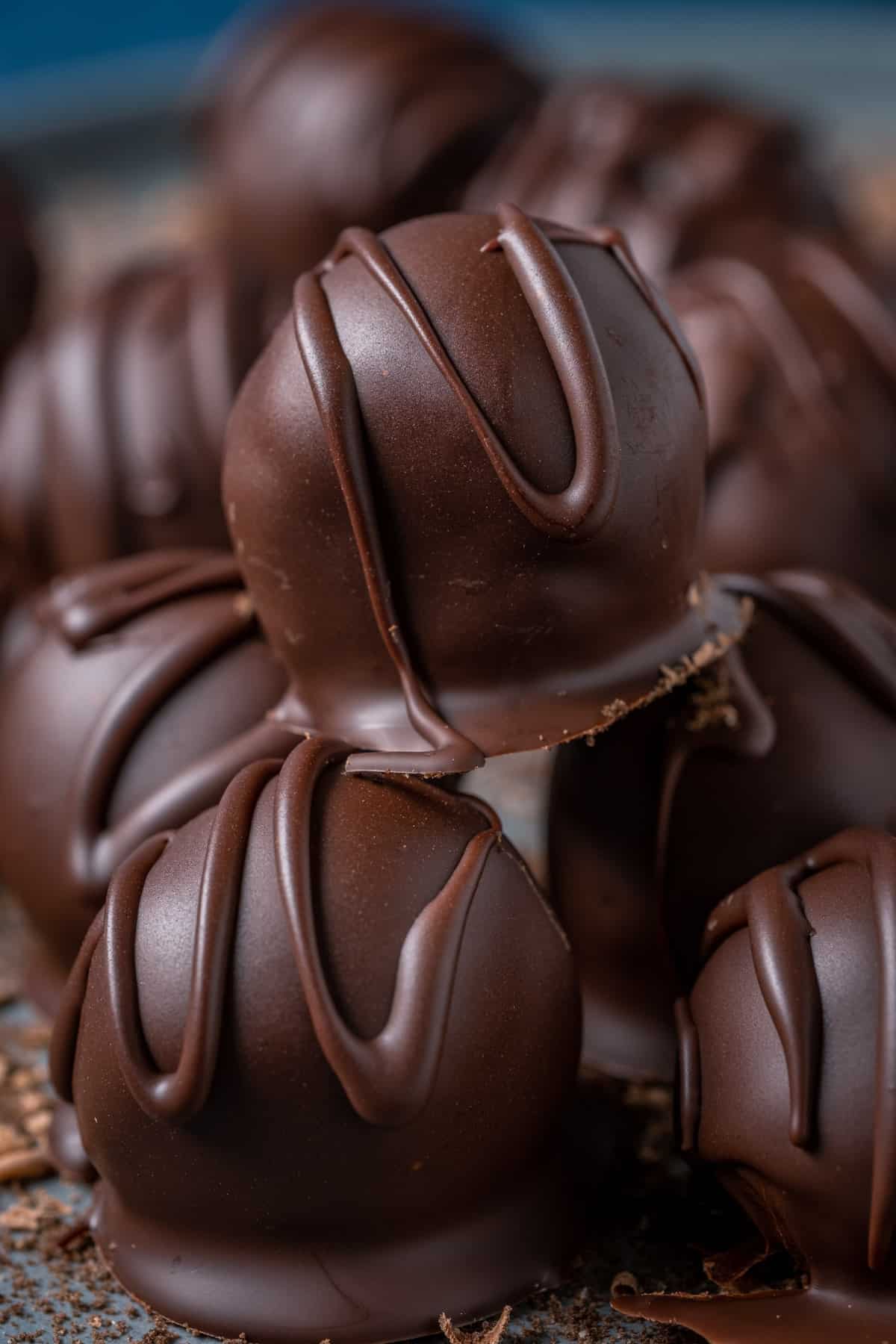In spite of the fact that I’m not an especially deep sleeper, I almost never remember dreams. So it’s always notable when one sticks with me.
A few nights ago, I dreamt that my mom and I were making a collage with some of her oil paintings. It was huge, the size of a wall, bigger than either one of us.
My mom has been a working artist my whole life. But I think that this may have been the first time that I dreamt about her art.
I’ve always admired my mother’s creativity, and when I was very young, I thought it was cool that I had a parent who was a working artist.
Even so, I shied away from any creative self-identification. Part of this had to do with the fact that my creativity, to whatever extent it exists, is very different from my mom’s.
I’m not visual at all. I rarely notice the details of people’s appearances, like eye color. Sometimes I don’t remember height accurately.
I can’t imagine what it’s like to see the world through my mom’s eyes. The shapes and colors and patterns she can detect in a painting or drawing, not to mention the complexity of the images she creates herself, are things that I rarely discern unless she points them out to me.
Growing up, I saw how passionate my mother was about her work, but I also saw its challenges. My mom went to work each day as a middle and high school art teacher. Her career as an educator has now spanned more than three decades and is remarkable in its own right. But I know that she’d have liked to have more dedicated time for her painting.
As a young person I was much more rigid than I am now. It was difficult for me to imagine this kind of complex career path for myself—one that involved negotiation or sacrifice, one pursuit making another one possible.
I also valued my analytical capacities more than my creative ones. If you’d have talked to me about it when I was eighteen, I’d have told you that I was more “left brain” than “right brain,” a misconstruction that itself existed to satisfy my need for order.
Back when I was a book editor, I was quick to say that I didn’t want to be a writer, as many young editors do. My talents were in organizing, not creating.
This was somewhat true in that I never wanted to write fiction or memoir. Yet here I am, almost twenty years later, with a career in which at least part of my income comes from writing. And at least some of that writing is both personal and descriptive.
For all of my efforts to enter more traditional careers—publishing, then medicine—my vocation has turned out to be interdisciplinary in a way that would have alarmed younger me.
It’s difficult for me to articulate to other people what I do for work, and the multiple hats that I wear sometimes overwhelm me. But my job fits me better than some of the more established paths that I’ve pursued.
A friend of mine reminded me a few months ago that I’m “already living an unconventional life.” I couldn’t argue with him, yet I could feel myself resisting and pushing back against the categorization.
I struggle constantly with the desire for my life to be more conventional than it is, even if I know that tradition and convention are constructs that shift with culture. They don’t express some sort of Platonic ideal.
I think that part of this is because I genuinely want, and feel the absence, of some of the implied structure or stability associated with a more traditional life. But my friend was right. Here I am, living sort of unusually. With a job that’s undeniably creative.
My mom has always embraced her artistic approach to work and life. She taught me to welcome complexity and idiosyncrasy. She didn’t share—and often cautioned me against—my brain’s tendency to want things to be cut and dry.
Maybe my dream means that I’m softening into my own creativity, little by little.
In the dream, I was consciously aware of how remarkable my mom’s art is. Up close and personal with her canvases, I felt astonished that I could be the kid of someone so talented.
But of course, my mom and I were collaborating on a new work, piece by piece, color by color. We were both artists in that moment.
When I was a little girl, my favorite game was “Scrolls.” My mom and I would use a long roll of paper and would draw on it in different places.
We’d each illustrate something that came to mind—usually a made up fairy tale or story. When our drawings were in close enough proximity to collide, the fun of the game was for us to come up with a story that would integrate our two, separate narratives.
I haven’t thought about Scrolls in a while. But I’m thinking about it today.
Happy Sunday, friends. Here are some recipes and reads.
Recipes
Look at the height of Lisa’s blueberry yeast bread!
Erin’s orange tempeh looks so good—and so easy, too.
Can’t imagine anything more comforting than miso butter noodles with nooch.
I love prunes! Excited to make Heather’s oatmeal with stewed prunes when it’s a little cooler out.
Wow. Alison’s vegan oreo truffles look as though they came from a fancy confection shop.
Reads
1. This essay is specifically about Tourette’s, but I think it’s also a wonderful reflection on the meaning of being given a diagnosis.
2. My mind is reeling (in an excited way) to think about what it could mean to edit a cholesterol gene in favor of preventing hyperlipidemia and the health consequences with which it’s associated.
3. Complexity (social, psychological, cultural, biological and physiological) is far too often overlooked in healthcare. I really enjoyed this interview with a researcher who studies “patient complexity” in an effort to better support people with chronic illness.
4. A Sunday read for all of my fellow coffee nerds.
5. A leukemia doctor’s sweet reflection on how his patients cared for him (virtually) when he was at home getting over Covid.
Dr. Mikkael Sekeres writes,
But I think it’s much more likely that my patients — some of whom are terminal and facing their own mortality; others who are suffering through a multitude of side effects from their cancers or our treatments – my beautiful patients haven’t let cancer compromise that core of humanity that allows them to care deeply about the welfare of another human being, despite what they are living through. They wanted me to heal just as much as I hoped for the same for them.
I work with many people who are living with chronic health complaints and many more who are physically and psychologically challenged by eating disorders. Their degree of empathy never ceases to touch my heart.
Like Sekeres, I was very moved when all of my clients showed concern and care while I was getting over Covid and influenza this year. I think it’s true that the experience of illness often deepens and expands folks’ sense of humanity.
On that note, friends, wishing you a good rest of the weekend. May your Sunday afternoon be sweet.
xo
You might also like
Whenever I write about my experience of eating disorders, I make a point of saying that the healing process isn’t linear. It’s full of odd, surprising twists and turns, realizations and moments that take one by surprise. Still, it’s natural to hope that a linear trend will emerge. After all, it’s the promise of change, of transformation, that keeps us going when the process is at its ugliest. When recovery was at its worst for me—when I was feeling the most robbed of…
Early this week, I was flipping through Yoga Journal and found an article from the magazine’s archives, written by Keith Kachtick, about impermanence. It was written in 2008; in it, Kachtick recalls being on a trip to Miami, shell-shocked by the realization that his marriage was ending. Ambling through South Beach by himself, he stumbled on an exhibition of Tibetan art and culture that featured six Buddhist lamas completing a sand mandala in public. “[I]t was the first moment of genuine ease I’d…
Happy Valentine’s Day, friends. It’s the coldest Valentine’s on record here in NYC, and I’ve been listening to a howling wind outside since I woke up this morning. I’ll be staying inside as much as I possibly can today, catching up on school and work, probably baking something sweet for me and Steven as part of our Valentine’s Day at home, and whipping up a batch of my lentil sloppy Joe’s for a date night dinner. I hope everyone who’s reading from the Northeast is…
For dietitians, the DI year is supposed to be a pre-professional experience, supervised work that prepares us for the realities of practice. One of these realities, I’m starting to realize, is the exercise of judgment. When I started the DI, I assumed that I’d be trained in guidelines and standards that would neatly inform all of my interventions and decisions. I’ve gotten plenty of exposure to evidence-based guidelines and best practices, but what I didn’t understand before the DI—and what I’m coming to…







Leave a Comment
Gena, thank you for this post. I love the juxtaposition of the dream with the game “Scrolls” you and your Mom used to play, and how these stand as bookends for your exploration of embracing your creativity and unconventionality over the course of a lifetime. Beautiful. xo
I love your writing, please do more.
I’m also the kind that wants to follow conventional path. That’s why when I realized my marriage is not working, I struggled to decide to get a divorce. Yet I did and remarried to the love of my life. Sometimes we need to follow our heart instead of brain.